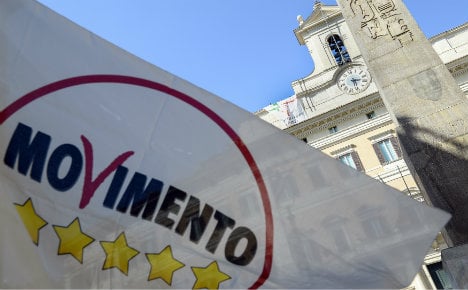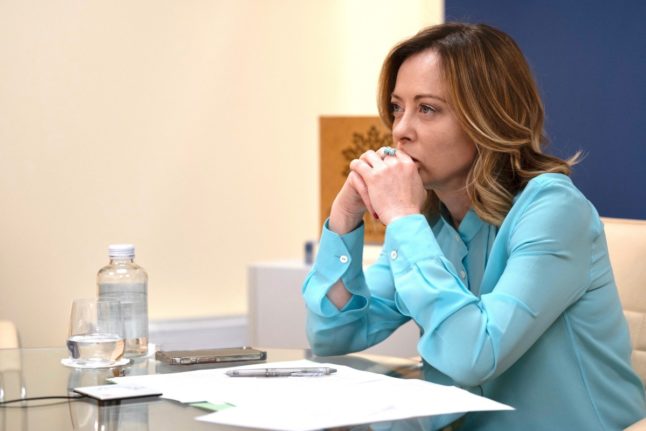Where does the movement come from?
It was founded by wild-eyed and dirty-mouthed comedian Beppe Grillo in 2009 as a radical alternative to established politicians and institutions in a country weighed down by corruption.
It eschewed traditional political channels and the media for civic lists and citizen meet-ups, embracing the expletive “vaffanculo” (“fuck off”) as a political slogan.
Co-founder Gianroberto Casaleggio, a communications entrepreneur considered the M5S's “guru” until his death in April, created a series of online platforms for “direct democracy”, and all the party's candidates are elected online.
What does it stand for?
The M5S, dubbed a protest party, is built on the dual pillars of mistrust of traditional politics and honesty of its members.
It wants greater transparency in a country weighed down by corruption, a reduction in political salaries, action in favour of the environment, a referendum on the euro, growth measures for small and medium businesses and free Internet for all.
Another Podemos or Syriza?
Although based on a similar mass rejection of the establishment as Spain's Podemos and Greece's Syriza, the M5S is not left-wing or anti-austerity.
Grillo called for a “clamp-down” on humanitarian visas for asylum seekers in 2014. And the movement withdrew its support for gay civil unions in parliament earlier this year at the last minute, despite 80 percent of its voting members favouring the bill.
How has it fared at the polls?
The M5S made a sensational debut by scooping 25 percent in the 2013 general election, becoming the second biggest political force in Italy behind the centre-left Democratic Party (PD) in one swoop.
It has gone on to clinch control of small cities from Parma to Livorno and Ragusa. But it also struggles to recruit, presenting candidates for just 18 percent of the 1,368 municipalities affected by Sunday's local elections.
How is it doing in parliament?
M5S's political novices, dubbed “Grillini” after founder Grillo, are struggling to make their voices heard, particularly as the movement refuses to form any alliances with its opponents and cold-shoulders mainstream media.
Locally elected representatives are bound by a code of conduct that requires them to seek permission from the top for every important decision.
The party's anti-corruption banner has also been blackened by allegations it struck deals with local mobsters in Naples in southern Italy, while probes have been launched into the M5S mayor of Parma in the north for abuse of office and his counterpart in coastal Livorno for fraud.
Comedian Grillo, asset or burden?
Although he has officially distanced himself from politics and returned to the stand-up circuit, outspoken Grillo drew bad press last month with an off-colour joke on London's new Muslim mayor and his blog is still perceived as a voice box for the movement.
The man tipped to be his successor, 30-year-old smart-suited Luigi Di Maio, has made it clear he hopes to steal Italy's throne from Prime Minister Matteo Renzi.



 Please whitelist us to continue reading.
Please whitelist us to continue reading.
Member comments